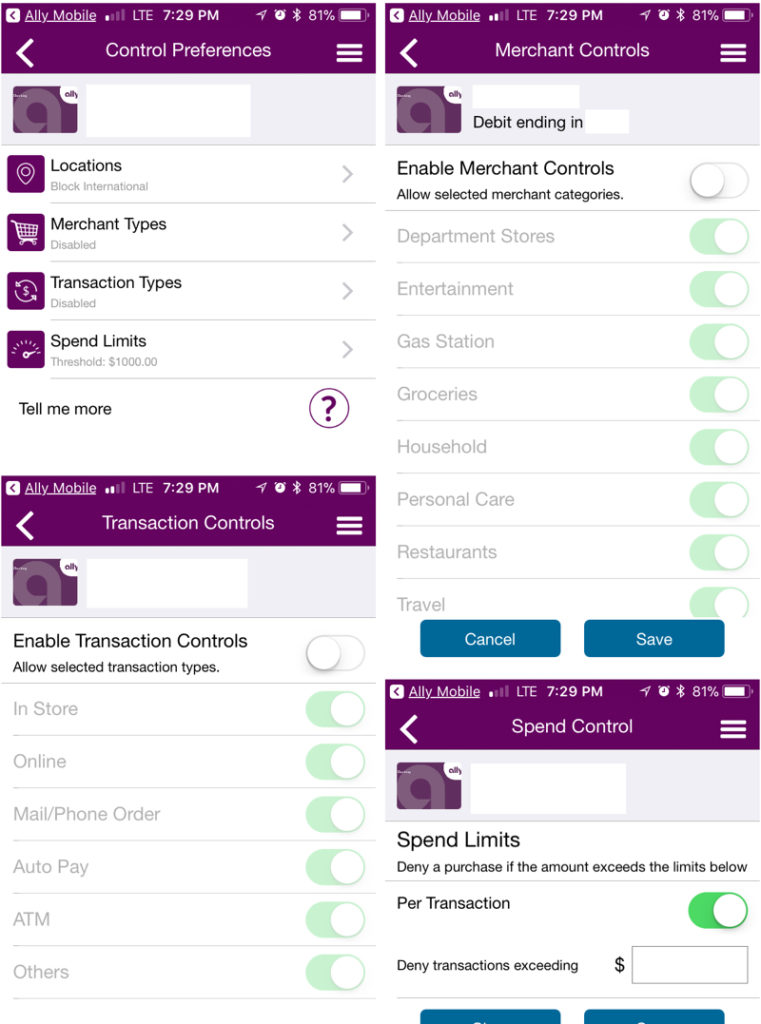In a recent Rolling Stone piece Matt Taibbi described Antonio Garcia Martinez as “the most interesting and damaging defector to have ever left the ranks of Facebook. An iconoclastic combination of Travis McGee and Michael Lewis, he is a former physics Ph.D. candidate from Berkeley who worked at Goldman Sachs before his two years at Facebook.”
The Travis McGee reference intrigued me so I bought Martinez’ book (Chaos Monkeys: Obscene Fortune and Random Failure in Silicon Valley). Only halfway through but can safely say it is one of the best books I’ve read about Silicon Valley. Martinez’s writing style reminds me of Taibbi and he makes the world of tech start-ups read like a thriller. I’m at the part of the book where he’s just gone to work for Facebook:
“Facebook is full of true believers who really, really, really are not doing it for the money, and really, really will not stop until every man, woman, and child on earth is staring into a blue-framed window with a Facebook logo. Which, if you think about it, is much scarier than simple greed. The greedy man can always be bought at some price or another, and his behavior is predictable. But the true zealot? He can’t be had at any price, and there’s no telling what his mad visions will have him and his followers do. That’s what we’re talking about with Mark Elliot Zuckerberg and the company he created.”
If The Social Network is how Facebook started, Chaos Monkeys is what it became. Nobody knows what it will become.

